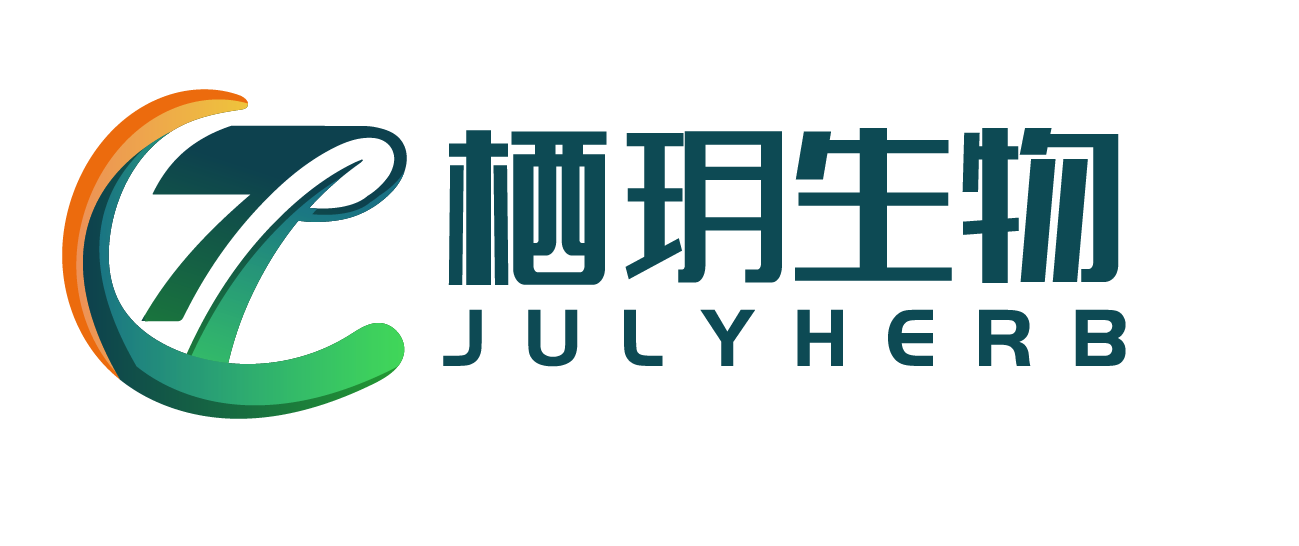Rutin in our life
What’s rutin?
Rutin is a plant pigment that is found in certain fruits and vegetables. Buckwheat, Japanese pagoda tree, and Eucalyptus are sources of rutin.
Rutin is also found in lime tree flowers, elder flowers, hawthorn, rue, St. John’s Wort, Ginkgo, apples, and other fruits and vegetables. Rutin might have antioxidant and anti-inflammatory effects. It might also offer some protection against cancer and other diseases.
Rutin is commonly used for autism, aging skin, airway infections caused by exercise, and many other purposes, but there is no good scientific evidence to support any of these uses.
Health Benefits
- Boosts Heart Health
When it comes to your heart health, recent research suggests that rutin can help maintain blood vessel elasticity, reduce blood vessel brittleness, lower capillary permeability and prevent complications caused by hypertension.
A 2018 animal study published in Experimental and Therapeutic Medicine found that it inhibits heart disease through signaling a specific protein kinases called ERK1/2 and Akt. The most effective rutin dose used on pigs with coronary heart disease was 45 milligrams per kilogram of body weight. Rutin administration worked to reduce the size of dead tissue in the heart of pigs with heart disease, inhibited urine protein concentration and improved blood circulation.
Another 2014 animal study published in Human & Experimental Toxicology found that treatment with rutin and quercetin reduced the cardiovascular effects of a high-salt diet in hypertensive rats. In fact, the combination of these bioflavonoids was more effective than treatment with nifedipin, a medication that’s used to treat high blood pressure and chest pain.
- Relieves Arthritis Symptoms
Animal studies show that this antioxidant has the power to inhibit acute and chronic inflammation. That makes it a potential natural treatment for arthritis. Researchers in Russia found that rutin was able to reduce the overproduction of free radicals in rheumatoid arthritis. They concluded it can be considered a useful supporting pharmaceutical agent.
Additionally, a 2017 lab study published in Pharmacology found that rutin improved the formation of tissue over the joint’s surface, improved cartilage and bone erosion, and reduced inflammation. This suggests that it has a protective effect against rheumatoid arthritis.
- Fights Cancer
Rutin may serve as a therapeutic agent for fighting cancer because of its antioxidant and anti-inflammatory effects. It also has been shown to induce apoptosis, or cancer cell death, and display anti-tumor effects. Flavonoids have been used to sensitize cancer cells to anticancer drugs and reverse drug resistance for patients undergoing cancer treatment.
There’s a great deal of research involving humans, rodents and cells suggesting that this antioxidant works to reduce tumor size, increase cancer cell death and increase survival time. A scientific review discussing the pharmacological potential of rutin found that the flavonoid has displayed anticancer effects against a number of different cancers, including leukemia, colon cancer, colorectal cancer, melanoma, liver cancer and lung cancer.
A lab study published in Phytotherapy Research found that this phytochemical works as a chemosensitizer toward two human breast cancer cell lines. Rutin significantly increased the anticancer activity of drugs used to fight cancer and helped successfully stop cell cycle progression.
Another lab study published in the Scientific World Journal found that rutin helps fight neuroblastoma, a type of cancer that’s often found in the adrenal glands of children. It induced cell apoptosis and regulated the expression of genes related to apoptosis.
- Protects Against Metabolic Disease
Research shows that rutin may protect us from developing metabolic syndrome as we age. Studies involving aged rats found that the flavonoid inhibited the increase of fasting blood glucose, insulin levels and blood pressure.
Rutin administration improved aging-related metabolic dysfunction in rats by reducing inflammation, lipid accumulation, oxidative stress and mitochondrial disease, a disorder that’s caused by failure of the mitochondria that’s found in almost every single cell of the human body.
- Protects Brain Health
Research suggests that rutin has protective effects against brain injury and age-related damage. It also helps promote brain health because of its anti-inflammatory and antioxidant properties.
In 2018, research published in Oxidative Medicine and Cellular Longevity suggests that this bioflavonoid serves as a promising neuroprotective compound for the treatment of neurodegenerative diseases, including Alzheimer’s disease, Parkinson’s disease and Huntington’s disease. Researchers believe that it protects brain health by reducing pro-inflammatory cytokines, improving antioxidant enzyme activities and restoring the activities of mitochondrial complex enzymes within our cells.
- Prevents Blood Clots
Investigators at Harvard-affiliated Beth Israel Deaconess Medical Center found that rutin may serve as a novel strategy for preventing thrombosis in animal models. Thrombosis is when a blood clot forms in an artery or vein. Deep vein thrombosis is particularly dangerous because it can cause life-threatening complications, such as strokes and heart attacks.
Researchers found that rutin inhibits protein disulfide isomerase (PDI), which is rapidly secreted from our platelets and endothelial cells during thrombosis. By blocking the secretion of PDI, the antioxidant proved to block thrombosis in mice.
Not only does it inhibit PDI, but it also prevents the compound from entering cells. Researchers found that it helped prevent blood clots in both mouse arteries and veins, and it’s said to be the only agent that can prevent both types of clots.
- Improves Circulation
In traditional medicine, rutin is known for its ability to strengthen blood vessels and improve circulation. It is used to reduce the appearance of varicose veins, relieve hemorrhoids and prevent hemorrhagic strokes that are caused by broken veins or arteries.
A review published in the International Journal of Molecular Sciences indicates that rutin preparations were reported to significantly reduce leg swelling, relieve leg pain, and reduce leg cramps, heaviness and itching. This is likely due to its ability to reduce inflammation and improve blood circulation.
Related: Fisetin: A Senolytic Antioxidant for Healthy Aging & More
Top 20 Rutin Foods
Rutin is a flavonoid that’s found in many foods and plants, including citrus fruits, apples and buckwheat. The best way to get it into your diet is to eat foods high in this particular antioxidant.
